Trump awaits peace, Azerbaijan is ready Washington increases focus on the South Caucasus
Erik Jacobs, Senior Advisor at the U.S. State Department's Bureau of Energy Resources, stated during a speech in Baku at an energy event that U.S. President Donald Trump is eagerly awaiting the signing of the long-awaited peace treaty between Azerbaijan and Armenia. Jacobs emphasized that the peace treaty would usher in "a new era of security and prosperity" for the South Caucasus region.
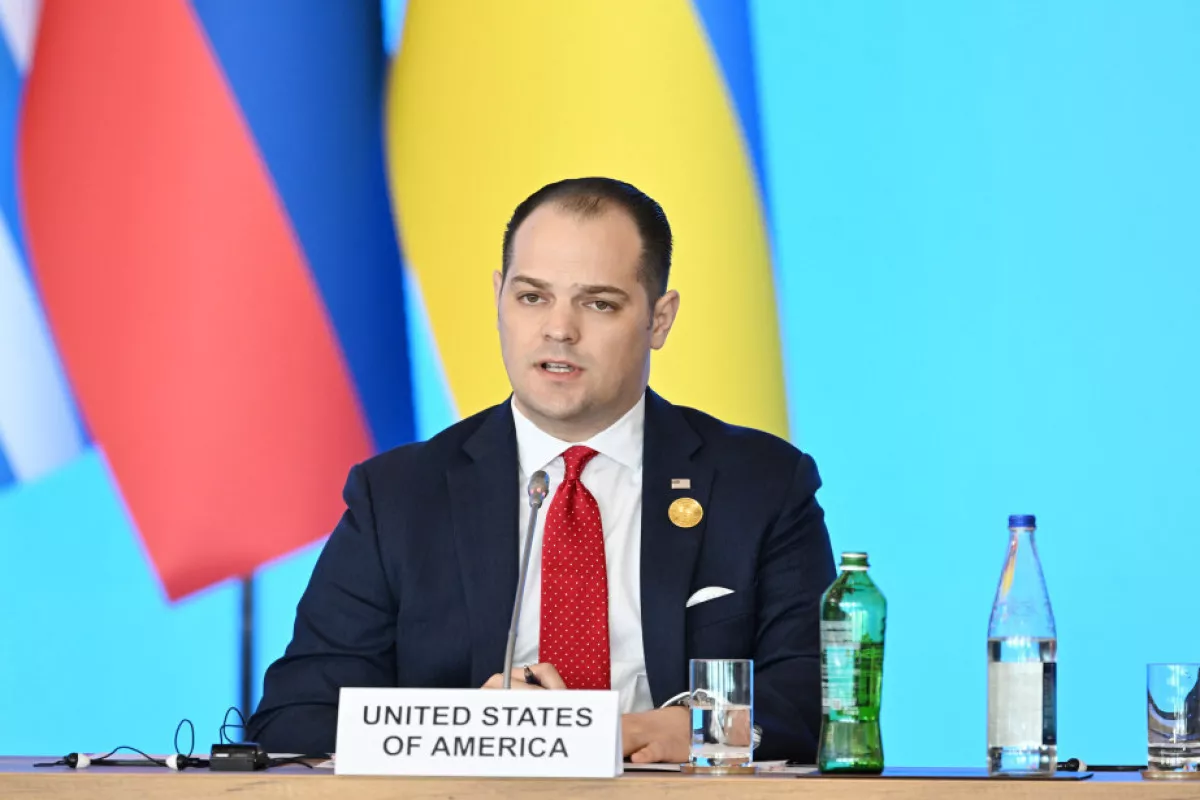
The optimistic statement from the U.S. State Department representative came at a time when Azerbaijan and Armenia are nearing the final stage of negotiations. It is worth recalling the recent words of Azerbaijan's President Ilham Aliyev, who noted that the positions of the two countries on achieving peace have significantly converged.
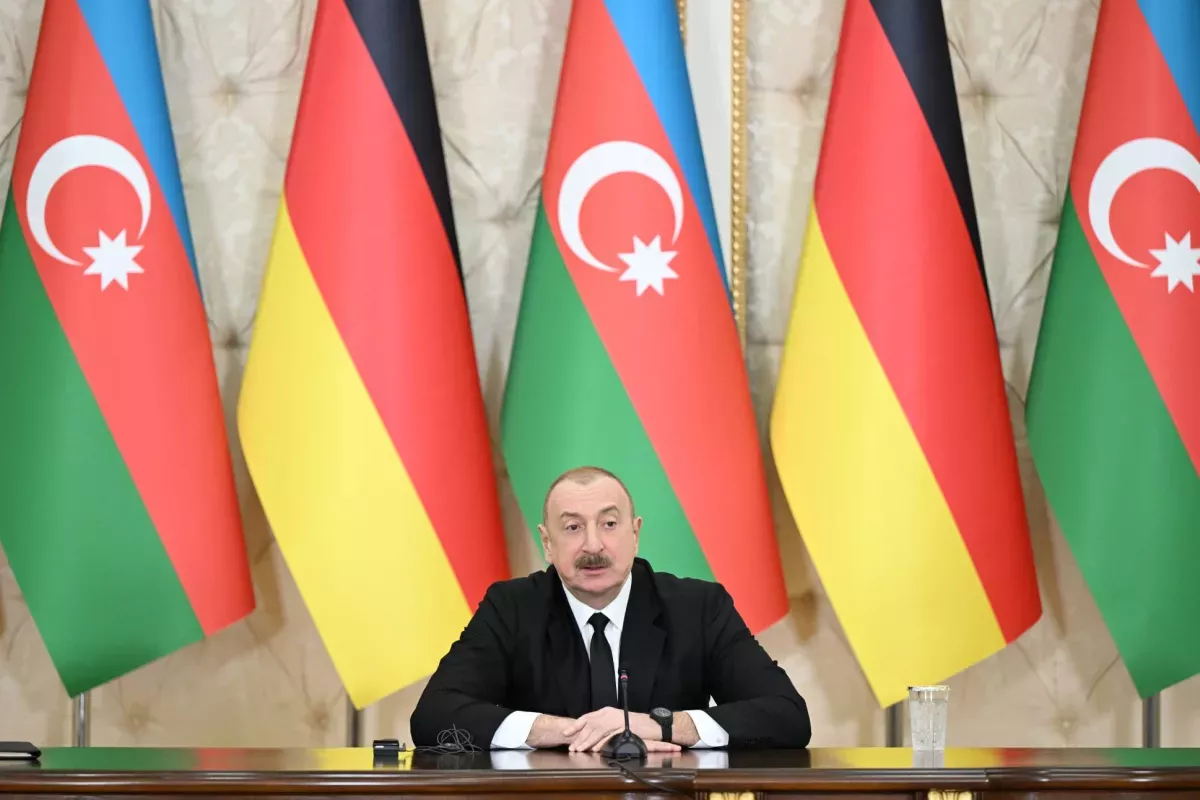
"It was this historic victory that paved the way for peace negotiations. I believe that today, the positions of Azerbaijan and Armenia have come quite close to each other in achieving peace," stated the head of state during a press conference with German President Frank-Walter Steinmeier on April 2 in Baku.
The support of the U.S. administration for the conclusion of negotiations between Armenia and Azerbaijan and the call for the swift signing of the agreement were also mentioned in a statement by U.S. Secretary of State Marco Rubio in March.
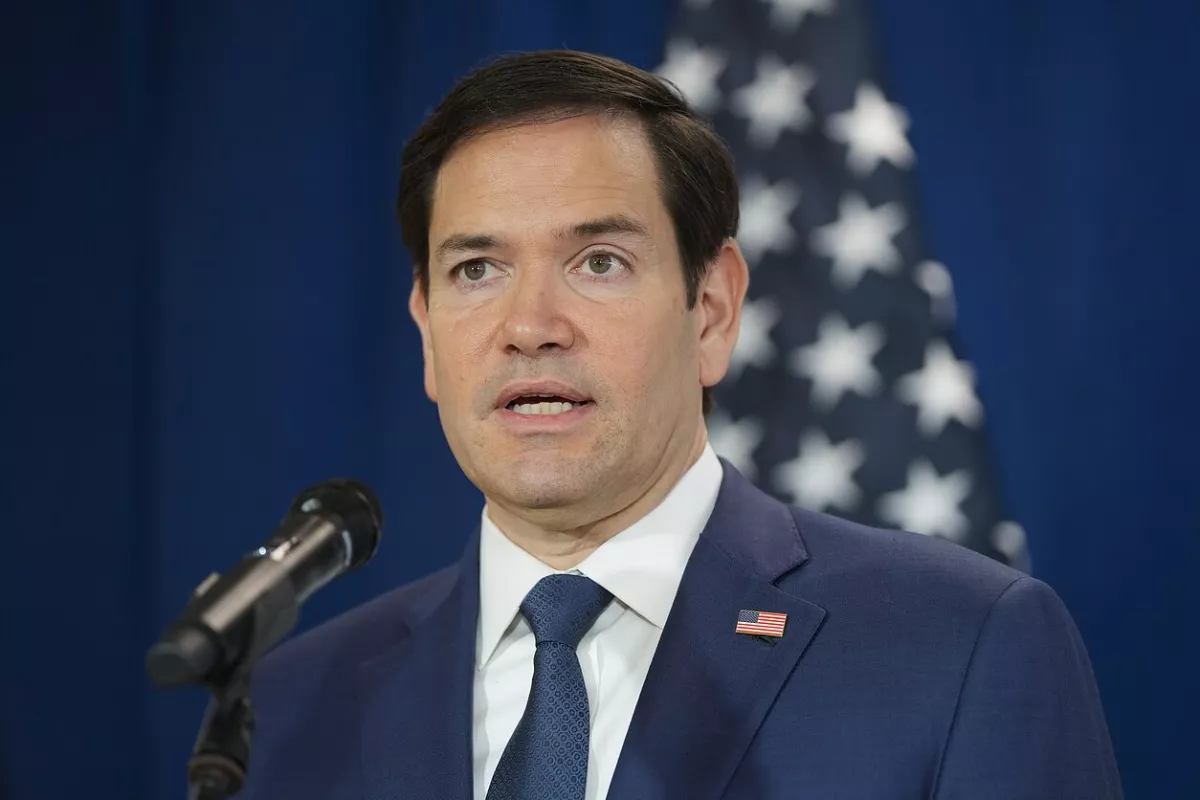
"Now is the time to commit to peace, sign and ratify the treaty, and usher in a new era of prosperity for the people of the South Caucasus," the document emphasized.
All of these statements from the U.S. once again demonstrate that the South Caucasus is under heightened attention from the new administration in Washington. Against the backdrop of a shifting world order, this fact increases the strategic importance of the region and confirms the growing interest of the U.S. in Azerbaijan.
The visit to Baku in March this year by U.S. President Donald Trump's special envoy, Steve Witkoff, which took place immediately after his overnight visit to Moscow, also serves as confirmation of this. The visit generated significant resonance in the global media.
The Israeli newspaper The Jerusalem Post described the visit as a well-coordinated diplomatic move by Washington, Baku, and Tel Aviv, which in turn reflects Azerbaijan's growing role in global politics.
As for the U.S. position on the swift resolution of the Armenia-Azerbaijan conflict, several factors can be highlighted.
First, the U.S. has silently expressed support for the opening of the Zangezur Corridor. Back in June 2024, ahead of his visit to Baku, then-U.S. Assistant Secretary of State for European and Eurasian Affairs James O'Brien stated during hearings in the House of Representatives that the U.S. was interested in the rapid achievement of peace in the region and the opening of a trade route known as the "Zangezur Corridor."
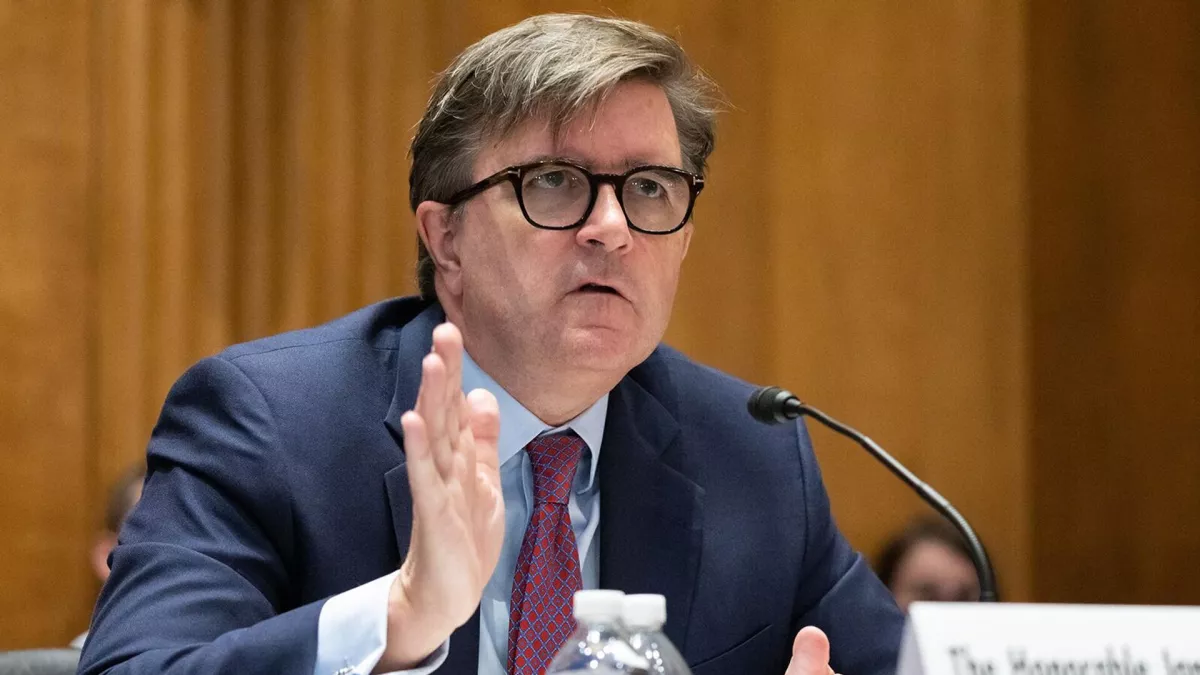
O'Brien noted at the time that achieving peace in the South Caucasus is of crucial importance for Central Asia as well, since countries in the region currently export goods mainly through China or Russia, while Azerbaijan could become an alternative route.
The U.S. has effectively outlined its political and economic interests in the Zangezur Corridor, the opening of which is persistently blocked by the authorities in Yerevan.
Erik Jacobs' statements on the need for a swift peace agreement between Baku and Yerevan also reflect the new administration's interest in advancing this project.
Secondly, despite the positive dynamics in the relationship between Vladimir Putin and Donald Trump, the U.S. is objectively interested in reducing Russia's political and economic influence in the South Caucasus. However, it is unlikely that Washington intends to turn the region into a direct arena of confrontation with Moscow.
Nevertheless, U.S. activity surrounding the Armenia-Azerbaijan peace agreement clearly indicates their desire to play a key role in the resolution process through the American diplomatic track, which could enhance the U.S.'s image as an effective mediator in regional conflicts.
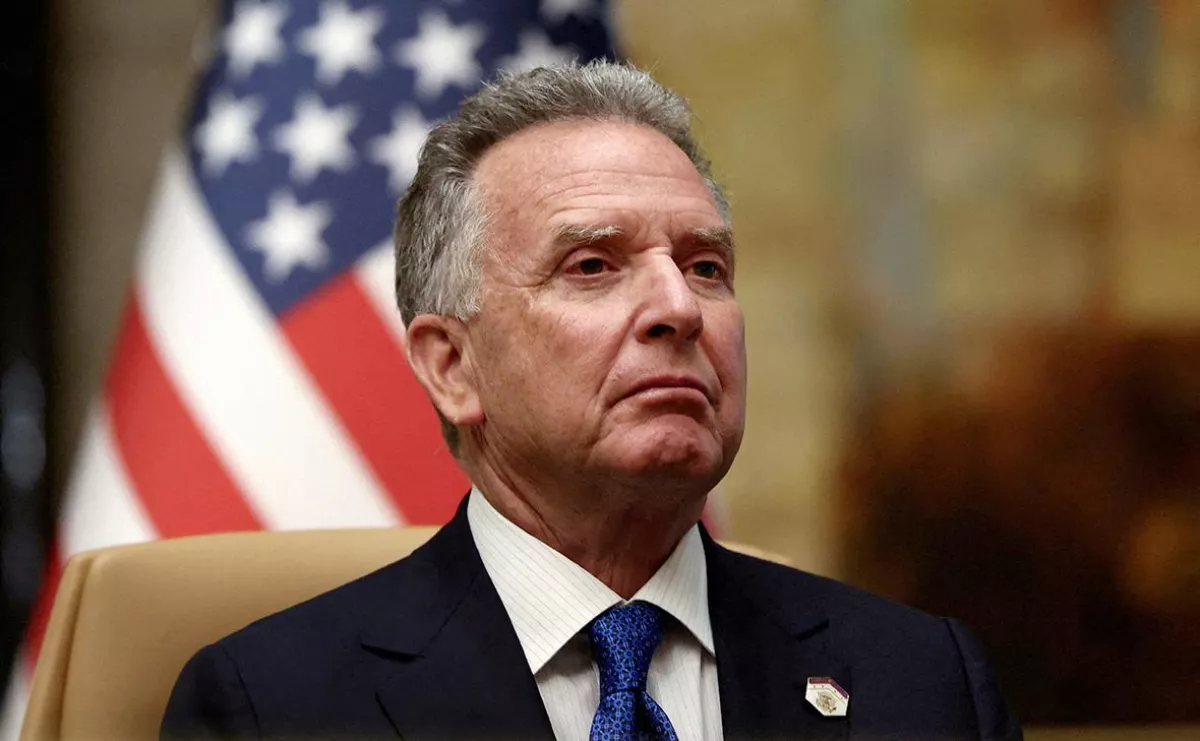
In March this year, Steven Witkoff also mentioned in an interview with journalist Tucker Carlson the U.S. strategy for conflict resolution in various parts of the world, clearly hinting at Washington's desire to be involved in the Armenia-Azerbaijan settlement process.
However, considering Azerbaijan's commitment to the peace agenda, it would be logical to expect from the U.S. not only calls for peace but also a more active application of pressure on Armenia.








